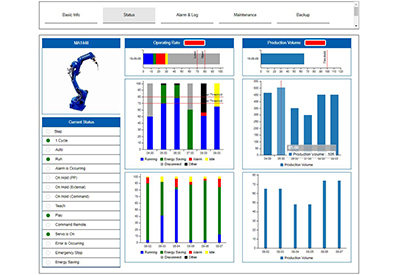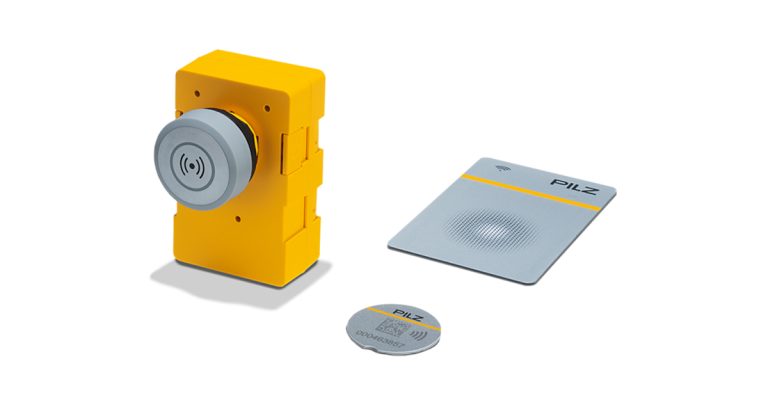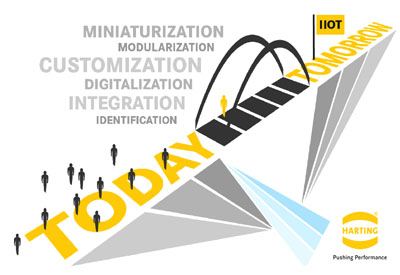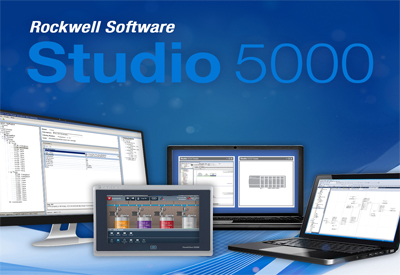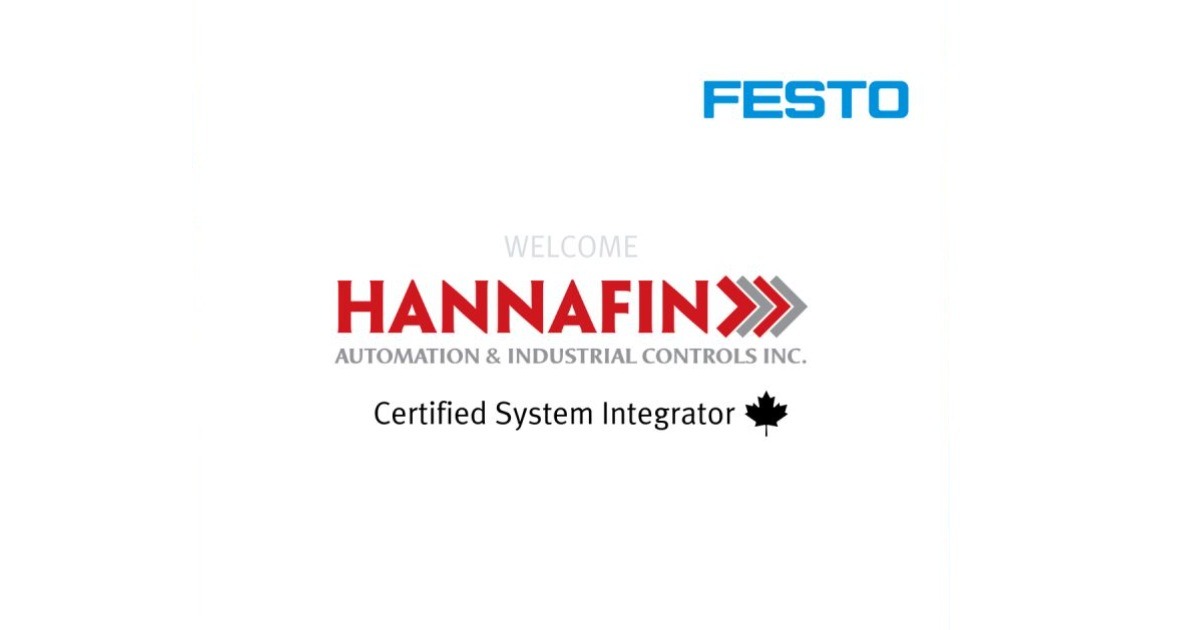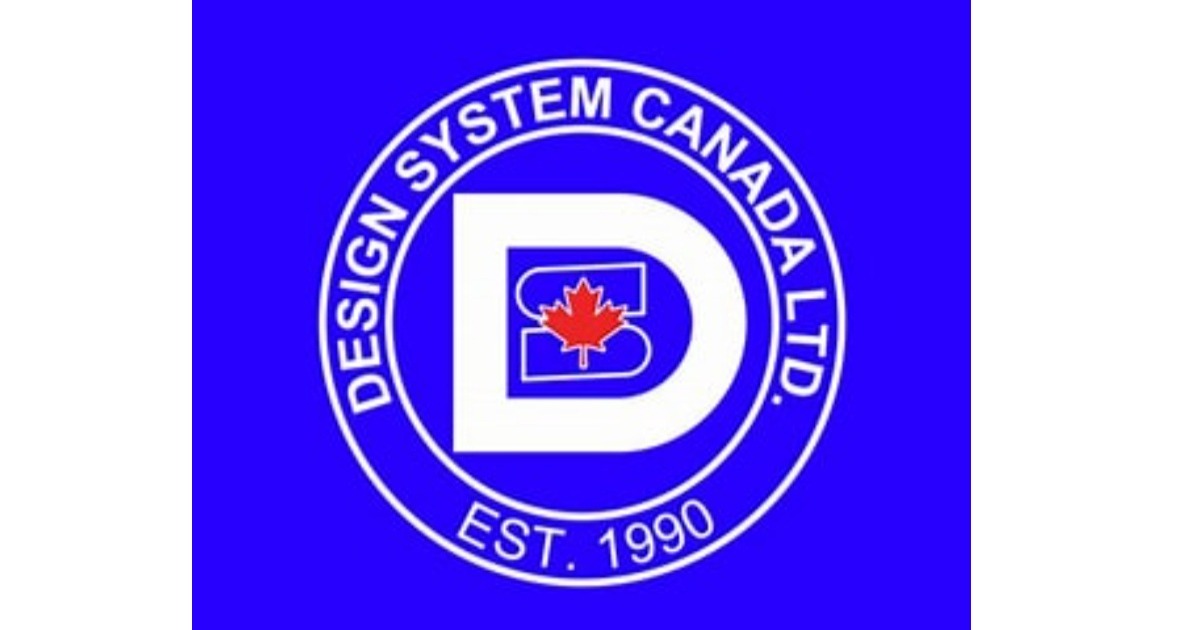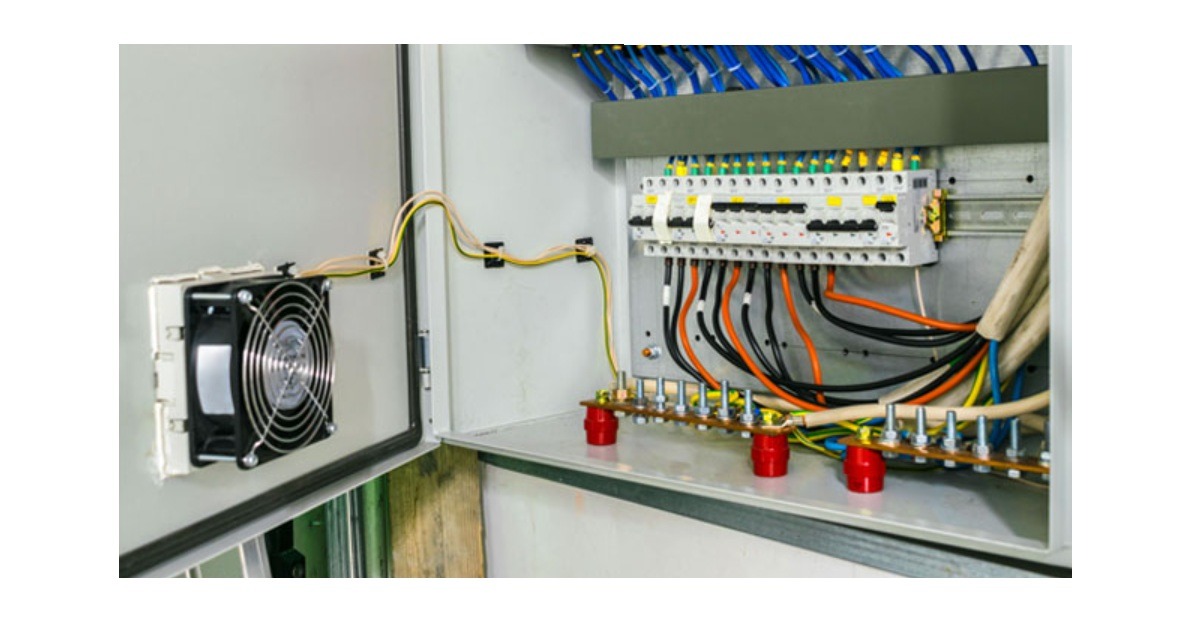HARTING: The Cashier-Less Retail Store
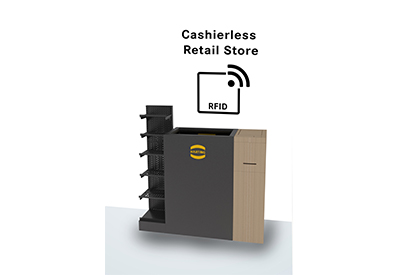
February 14, 2020
DXC Technology, HARTING Systems and Murata will present an innovative, RFID-based concept at “EuroShop 2020”, the world’s largest retail trade fair, held from 16-20 February 2020 in Düsseldorf. Developed by DXC, HARTING Systems and Murata, the RFID self-checkout counter enables a single scan of a complete shopping basket, providing a fast and seamless in-store shopping experience.
The concept aims to eliminate the long waiting lines at the cash register during grocery shopping, a “norm” consumers had to live with since the rise of big retailer stores.
The RFID counter simplifies product scanning and shortens the time consumers spend at the self-checkout counters. The customers simply place their shopping bag/basket on the counter, all the products get scanned at once and the counter monitor displays a full list of the products together with the final bill. This improves the self-checkout experience, as customers no longer have to scan each product individually, which is time consuming and sometimes requires several scans till the product’s code is read.
Using the RFID counter, customers can pay by card, via an app, and optionally, if added to the counter, in cash. To pay using an app, the customers will connect to the checkout counter through the retailer’s app. They will just scan the counter’s QR code and confirm the payment via the app. The entire checkout experience takes less than 30 seconds.
Apart from grocery markets and shops, this technology can be used for fashion and hardware retailers to improve their customer experience.
RFID technology has evolved significantly over the past years, and former issues such as label cost or readability limitation for products which contain metals or liquids have been resolved. An all-RFID strategy delivers its ROI through adding value in multiple use cases along the product lifecycle: Starting in production – for the retailer’s private labels, in the supply chain, in compliance processes and in the store. Label costs are significantly lower when using the technology in high volumes specifically in store, RFID technology can be used for multiple use cases such as precise inventory management, implement dynamic pricing scenarios, intelligent shelfing, digital shelf assistants and anti-theft protection. Using RFID can also help retailers get better customer insights.
The concept developed by DXC, HARTING Systems and Murata is based on a RFID middleware layer. The scanner station, payment processes, the mobile app, and the retailer’s back-end systems (e.g., ERP or inventory management system) are connected to that layer via secured APIs. It also maintains a digital twin of each product.
To see DXC, HARTING Systems and Murata’s cashier-less retail store concept and test the solution as a POC, visit the HARTING booth (hall 13, D62) and the Microsoft booth (hall 6, G24) during EuroShop2020 in Dusseldorf.
For more information, visit www.HARTING.com.

